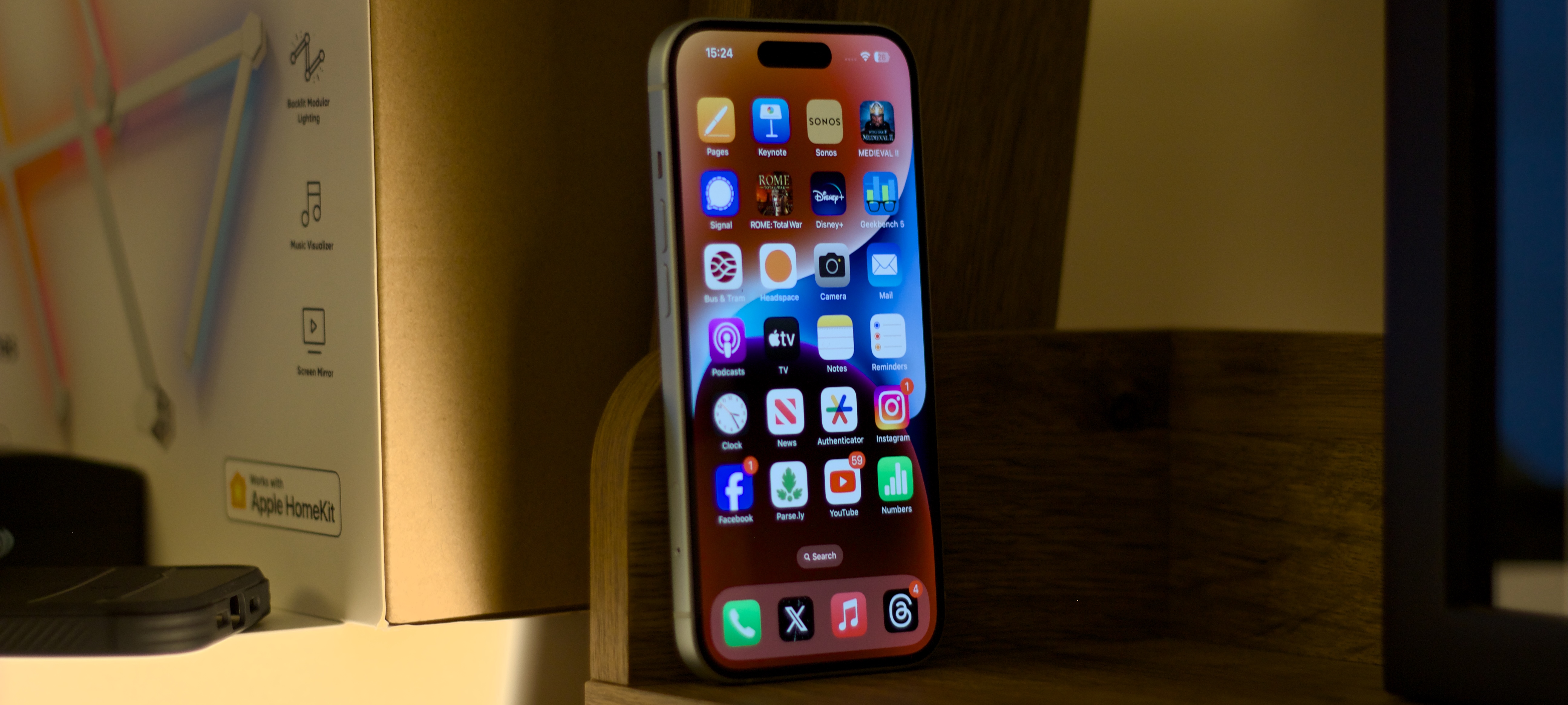iPhone chipmaker TSMC given $11.6 billion in grants and loans as Biden administration incentivizes US investment
Three chip factories are incoming.

Apple chipmaker TSMC is set to receive a bumper $11.6 billion in grants and loans as part of plans to launch three factories in the United States. The deals, which comprise $6.6 billion in grants and around $5 billion in loans, are designed to help TSMC get the factories moving as part of the Biden administration's attempts to boost production of technology components in the country.
TSMC is a vital supply partner for Apple, among other companies, and is responsible for producing the chips that power all the best iPhones, Macs, iPads, an beyond. The upcoming OLED iPad Pro and refreshed iPad Air models will both use TSMC-built M-series chips, for example, while the iPhone 16 and iPhone 16 Pro will also rely heavily on the company's work.
Plans for TSMC to bring some production capacity to the United States have been underway for years, with its new plants having been the subject of much controversy. Issues with labor unions as well as concerns about future support from the United States government are thought to have been just two reasons that the plan has suffered setbacks. One factory, which was supposed to begin production of chips in 2026, will now not come online until 2028. As part of this new agreement, it's said that TSMC will build a third factory in Phoenix.
Chip chip, hooray
The news, broken by Bloomberg, comes just days after TSMC had to close a Taiwanese plant following an earthquake in the region. That factory has now restarted production with limited impact, it's reported.
As for its U.S. operations, Bloomberg reports that this new package will support a total of more than $65 billion in investments across TSMC's three plants. The third one will be responsible for building next-gen 2nm chips and is set to be operational before the end of the decade.
“For the first time ever, we will be making at scale the most advanced semiconductor chips on the planet here in the United States of America, by the way, with American workers,” U.S. Commerce Secretary Gina Raimondo is reported to have said during a briefing before the announcement was made. TSMC hasn't yet started to produce 2nm chips anywhere in the world but is slated to do so in 2025.
“The proposed funding from the CHIPS and Science Act would provide TSMC the opportunity to make this unprecedented investment and to offer our foundry service of the most advanced manufacturing technologies in the United States,” TSMC Chairman Mark Liu is reported as having said.
Master your iPhone in minutes
iMore offers spot-on advice and guidance from our team of experts, with decades of Apple device experience to lean on. Learn more with iMore!
This latest deal with TSMC is part of the larger 2022 Chips and Science Act which set aside $39 billion in grants as well as loans and guarantees worth $75 billion in an attempt to lure production to the U.S.
It remains to be seen how Apple will benefit from this news, however. It was reported in late 2022 that Apple's iPhone and Mac chips would not be produced at TSMC's Arizona plant. The plan at the time was for the plant to produce chips based on technology that was already being used in Taiwan — and if Apple wants to be at the bleeding edge, it'll need to source its chips from TSMC's home country rather than the United States. Apple could still use chips built on home soil, but those chips won't be at the forefront of TSMC's manufacturing technologies.
More from iMore

Oliver Haslam has written about Apple and the wider technology business for more than a decade with bylines on How-To Geek, PC Mag, iDownloadBlog, and many more. He has also been published in print for Macworld, including cover stories. At iMore, Oliver is involved in daily news coverage and, not being short of opinions, has been known to 'explain' those thoughts in more detail, too. Having grown up using PCs and spending far too much money on graphics card and flashy RAM, Oliver switched to the Mac with a G5 iMac and hasn't looked back. Since then he's seen the growth of the smartphone world, backed by iPhone, and new product categories come and go. Current expertise includes iOS, macOS, streaming services, and pretty much anything that has a battery or plugs into a wall. Oliver also covers mobile gaming for iMore, with Apple Arcade a particular focus. He's been gaming since the Atari 2600 days and still struggles to comprehend the fact he can play console quality titles on his pocket computer.
